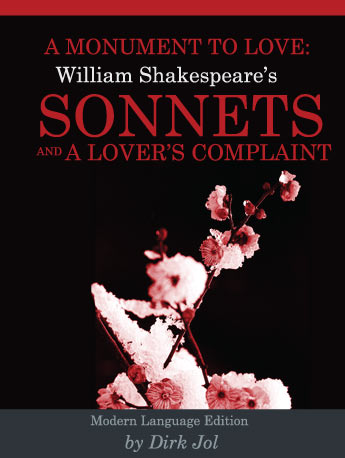Brief Biography of Shakespeare

William Shakespeare was born and grew up in Stratford, Warwickshire, where his father was a fairly prosperous and prominent citizen. We are not certain of his date of birth, but a local church registry shows that he was baptized in When he was only 18 years of age, he married Anne Hathaway, some eight or nine years his senior. They had three children in fairly quick succession, a daughter and a set of twins.
In , Shakespeare went to London and became an actor in one of the players’ companies. His writing career began about four years later. Although he was initially famous for his poetry, he soon began to write comedies and historical plays, often in collaboration with writers from other companies. His later plays tended to be tragedies. Shakespeare retired from his acting career around 1609, and went back to Stratford for good in 1613 at the relatively young age of 49.
He died at home only three years later in 1616, survived by his wife, daughter and one of the twins.
Despite the popularity of his plays, Shakespeare does not seem to have actively sought their publication. After he died, two of his friends (John Heminges and Henry Condell) assembled most of his known plays and, in 1623, published them in the large-format single-volume collection now known as the First Folio.

